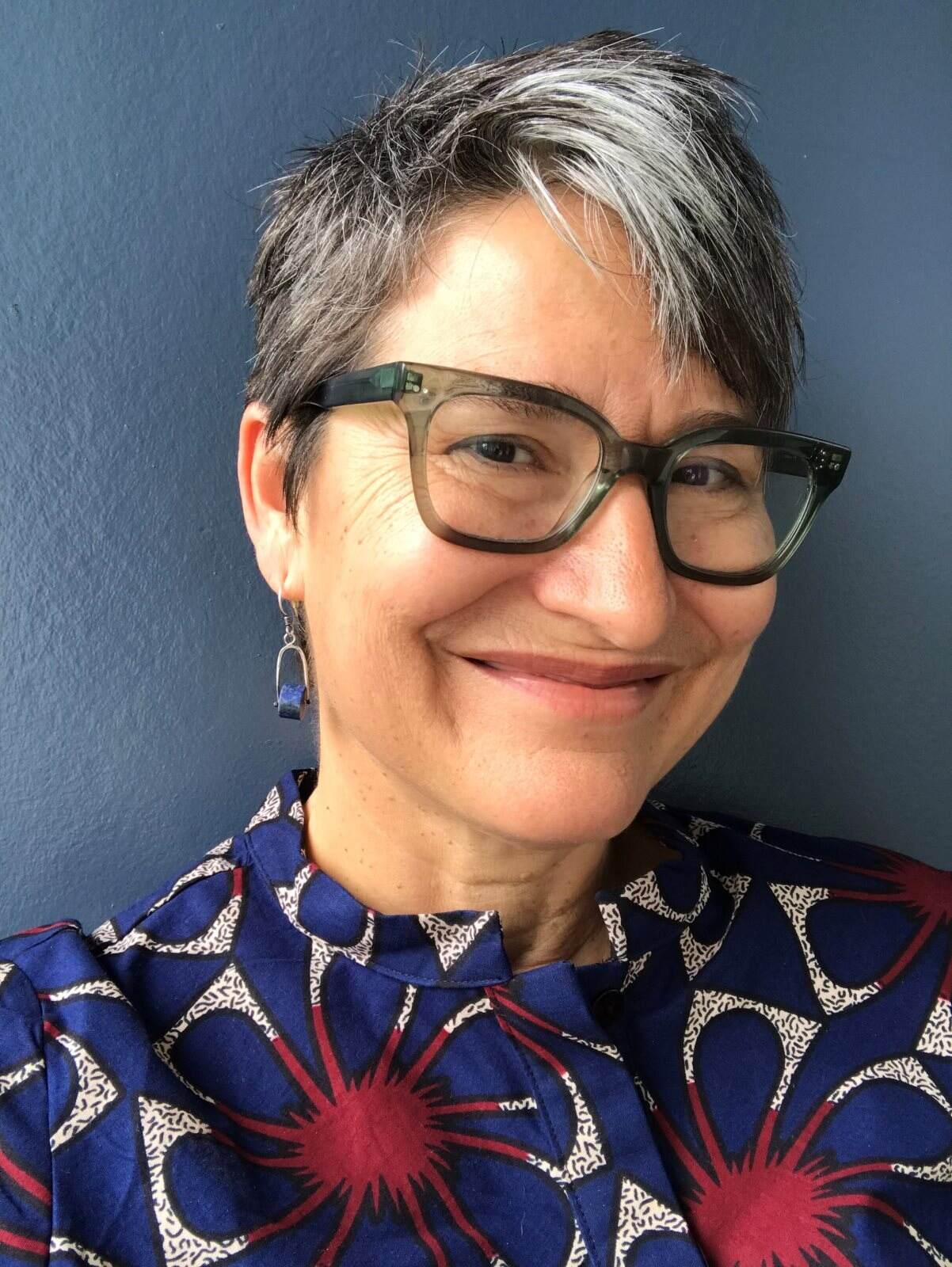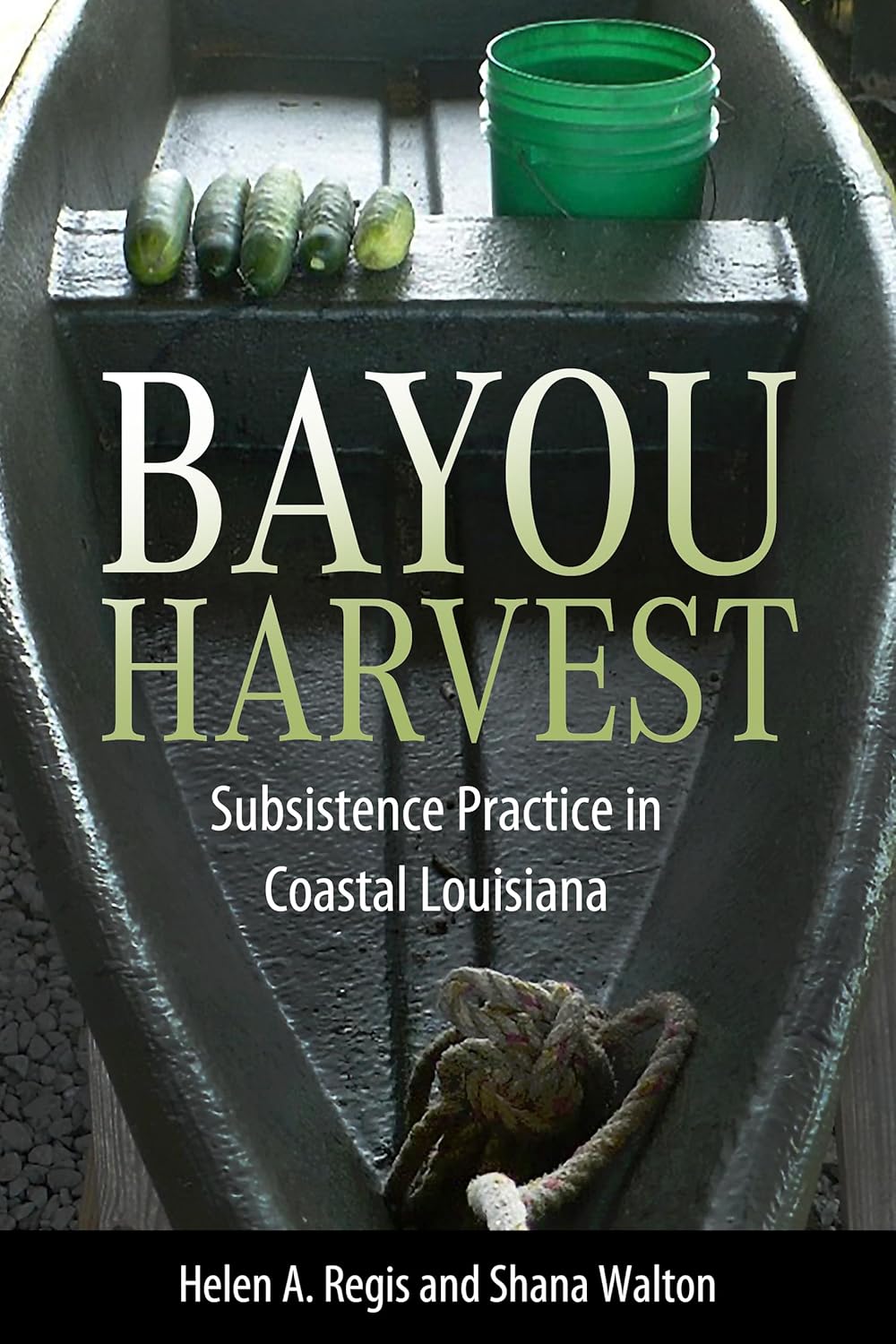Helen A. Regis

Helen A. Regis is a cultural anthropologist at Louisiana State University and lives in New Orleans. As board member and series editor at the Neighborhood Story Project, she has helped create a series of collaborative ethnographies written by and for New Orleanians. Regis is the author, with John Bartkowski, of Charitable Choices: Religion, Race, and Poverty in the Post-Welfare Era. In 2023, Regis was recognized for her public scholarship with the Brij Mohan Distinguished Professorship.
Schedule
11:30 am to 12:30 pm
Capitol Park Museum, Auditorium
Louisiana Traditions: Subsistence and Healing
with Dana David Gravot, Helen A. Regis, and moderator Robert Mann
12:45 pm to 1:30 pm
Cavalier House Books Tent
Book Signing

Bayou Harvest: Subsistence Practice in Coastal Louisiana